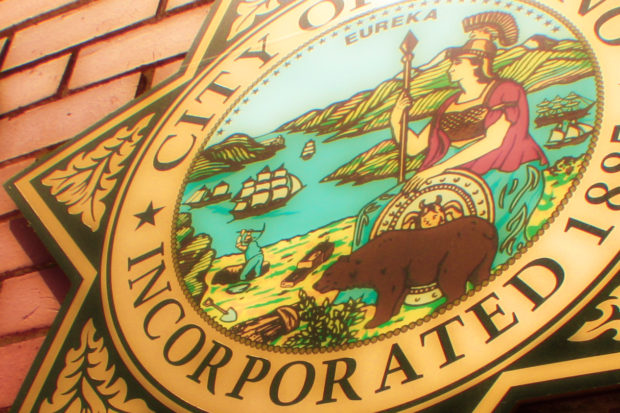
By Dan Waterhouse
Ellie Bluestein argues in the August Community Alliance that Fresno “needs an independent evaluator/investigator who can oversee police practices and procedures, respond to citizens’ complaints and investigate police shootings, with subpoena power to call and question witnesses.”
Don’t get me wrong—I, by and large, agree with Bluestein’s argument. However, what she failed to explore in her article is the question of whether a truly independent police review is legally viable in California following a state Supreme Court ruling in 2006.
According to the ACLU, on August 29, 2006, the California Supreme Court in Copley Press v. Superior Court held that records of an administrative appeal of sustained misconduct charges are confidential and may not be disclosed to the public. The decision prevents the public from learning the extent to which police officers have been disciplined as a result of misconduct.
Before Copley Press, Penal Code 832.7 prevented public access to citizen complaints held by a police officer’s “employing agency.” This meant that internal affairs records were confidential, whereas records of administrative appeals to outside bodies such as a civil service commission were open to the public. Also, in some jurisdictions independent civilian review boards functioned in public, hearing complaints separately from the police department.
The decision essentially undid the legislatively enacted distinction between employing agencies and independent agencies, cloaking the records and findings of both in confidentiality. It held that San Diego Civil Service Commission records on administrative appeals by police officers were confidential because the Civil Service Commission performed a function similar to the police department in the disciplinary process and thereby functioned as the employing agency.
So, how does this apply to independent police oversight? Let’s take the San Francisco Bay Area as an example because civilian police review there is done much like the model favored by Bluestein and the Central California Criminal Justice Committee. There, complaints go to independent bodies like the San Francisco Police Commission, the Oakland Citizens’ Police Review Board, and Berkeley’s Police Review Commission. These bodies were set up to provide civilians a role in running their local police departments. They also conduct independent investigations of misconduct allegations against officers and, in the case of the San Francisco Police Commission, have the ability to impose discipline on errant officers.
The power of independent police review bodies was severely curtailed by the Copley Press decision, which closed off peace officers’ personnel records to the public. The exemptions established by the ruling included all allegations of misconduct made to independent oversight bodies, which led to oversight bodies closing their meetings to the public or shutting down entirely in the months following the ruling. Much of the power of oversight bodies in general consists of their ability to make public the names of officers accused of misconduct and allow citizens to keep track of officers who garner numerous complaints.
In the years that followed the Copley Press ruling, oversight bodies have dealt with it by redacting the names of officers from their reports and conducting closed session hearings on misconduct matters. Critics like the ACLU have argued that Copley Press neutered the watchdog role of police oversight bodies by keeping the names of officers confidential.
It appears the best that can be expected, given the state of the law, is an auditor model, operating with the same powers the Office of Independent Review had. But will that be satisfactory to local activists? I think not.
So, the whole discussion of independent police review in Fresno is in reality moot.
*****
Dan Waterhouse writes the “Queer Eye” column for Community Alliance. Contact him at bdsmdanfresno@yahoo.com.
